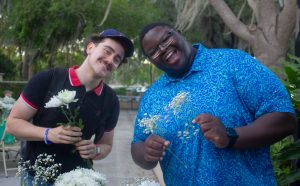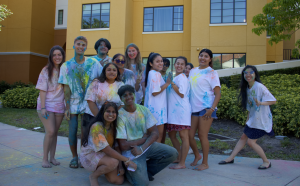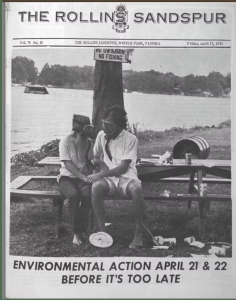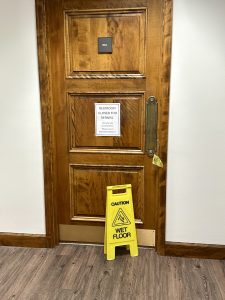On Jan. 23, at 7 p.m., I attended a talk on bipolar disorder by Dr. Kay Redfield Jamison, writer of An Unquiet Mind: A Memoir of Moods and Madness, in the Knowles Memorial Chapel. This event was well attended, and at 6:50 p.m., obligatory seating in the balcony began because there was no more seating on the ground level. It was a full house.
Jamison took to the podium and jumped right into her description of the complex bipolar disorder. She said that “When you’re high, it’s tremendous… but somewhere this changes.” She was blunt in discussing the mortality rates. She herself attempted suicide, as one out of three people struggling with bipolar disorder attempt or commit suicide.
Jamison always struggled in medical school. She felt like a hypocrite since she actually had a disorder that was always being talked about but she never told anyone. She realized that although she was not yet comfortable telling her story, through her anonymity, she could help others. Jamison wrote a three-paragraph passage and anonymously sent it to the psychiatry department. This was the first hint that she would later become her own advocate.
Being bipolar is particularly dangerous, she explained, because it “places despair at proximity to great pleasure.” People go through intense cycles of the polar opposite mania and suicidal depression.
When Jamison had one of her most severe manic episodes, it was 2 a.m. She was an assistant professor at a UCLA hospital, and she was sprinting around the hallways of the wards “running fast and slowly going mad.”
Along with the mania, however, always comes depression. Although she was seeing therapists and taking lithium (the common drug prescribed for Bipolar patients), she attempted suicide at one point. Jamison overdosed on lithium and ended up nearly dying and in a coma for multiple days. She is now in a much better place, and credits her psychiatrist to having “kept her alive 1,000 times over.” She went back to her life, job, and husband, and decided to write a book on her experiences.
Although her talk was heart wrenching, Jamison had a comedic edge to her story. She said at one point to the audience, “Bipolar disorder is not such a good thing, but now is the time to do it!” She was talking about the fact that science has made so many strides recently with understanding the chemistry of the mind and the proper treatment for bipolar disorder.
After the main point of her talk, she opened the floor for a Q&A session. One of the first questions involved a woman with a recently diagnosed 12-year-old daughter in the audience and was looking for words of hope.
At that moment, I felt a moving sense of solidarity within the audience. Dispersed among the crowd of people in the Knowles Memorial Chapel must have been many strangers who were diagnosed with the same thing: bipolar disorder.
They were surrounded with the company of people and a speaker who felt, finally, just the same way. They were no longer alone, and I felt privileged just to be in the company of such strong, hopeful human beings who had dealt with so much.
















Be First to Comment